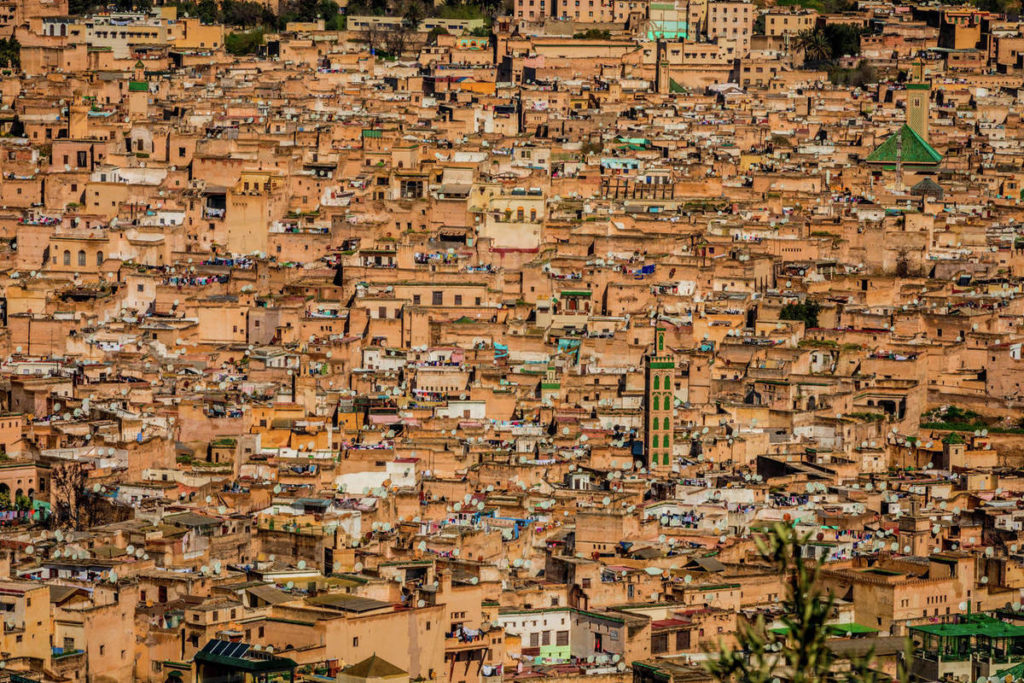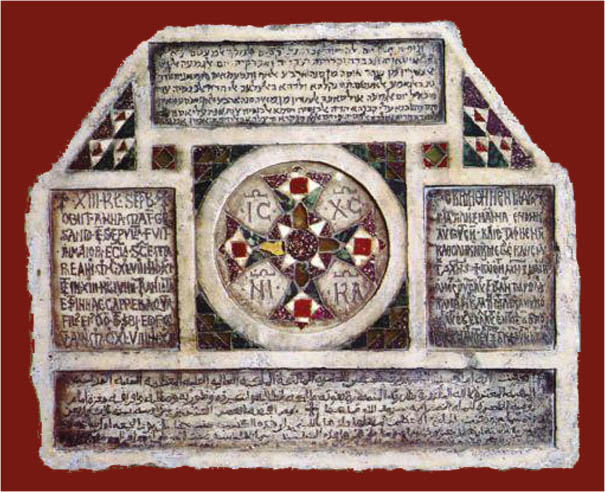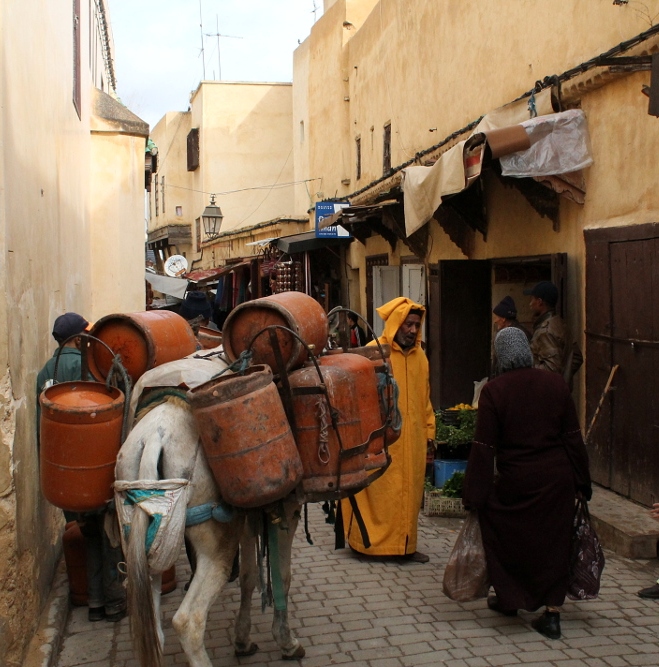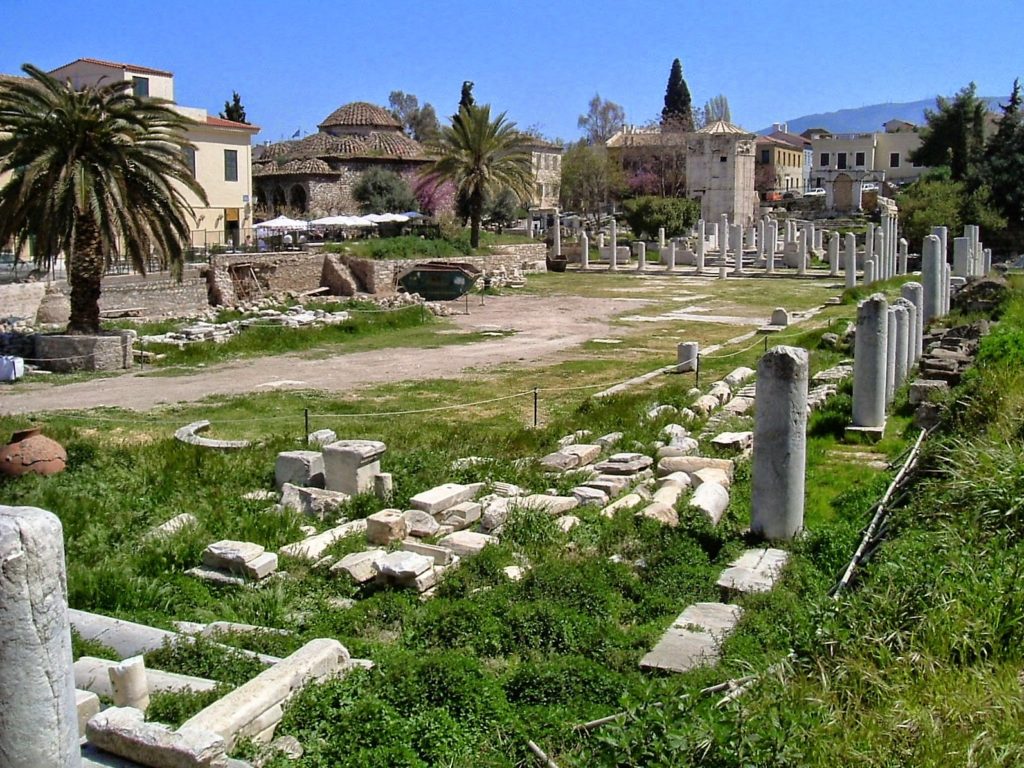
When I returned to the beautiful land of Carthage, what always attracted my attention was the impossibility of being alone by oneself, and this regardless of where you are: on the street, in a bar, a café, a restaurant, and so on. On the contrary, and paradoxically, in a beautiful sprawling city such as Paris, wherever you are, you are always in your own company, able to be on your own, to hear yourself think, or speak when with others whom it is very easy to hear as if, here, the space were reduced to that of conviviality and intimacy: intimacy with oneself as with others, or the very manifestation of urbanity itself.
MOREOVER, DESPITE the number of passers-by and passing cars, the street like anywhere else is always a peaceful place where privacy, combined with friendliness and the respect due to others, reigns supreme. Here we can be alone with our thoughts or with others if they keep us company and that other others, whatever the place, will never pop up like some barrier to our presence either when alone or with others in whose intimacy we choose to find ourselves.
To what cause, I wondered, should we attribute the fact that, in one case – the western city – the space is occupied in the most dazzling conviviality, where in the other case it is dominated by a hubbub and a crowding that prevent anyone from standing apart from themselves and, moreover, do not respect any right of citizenship for the individual.
The Muslim city as it has been shaped by centuries has nothing of a city in the modern sense of the term and the homonomy is strictly a verbal or nominal one. Moreover, in a review of the book by Bouhdiba and Chevalier on The Arab city in Islam, one can read the following:
“there is no such thing as an Islamic city (italics in the text) because almost all of the characteristics of the cities of North Africa and Western Asia were already present in the Ancient East several centuries and even several millennia before the appearance Islam. The souk is the only innovation from the Islamic era.”
Let’s say for short that the ‘Arab city’ of our days has in no way broken with its structure inherited from the Middle Ages, and has kept and safeguarded it. It is therefore only as a result of the invasion of Western culture and the effect of colonization, that another city was born: something colloquially expressed perfectly as the medina or il-bled il- ‘arbī and distinguished from the European city, which has pushed it into the background.
Indeed, if the medina is the place of crowding par excellence, it is only to the extent that the individual, in the Arab-Muslim culture, has no right of citizenship whilst, on the contrary, one could say that everything in the European city happens as if it had been shaped to meet the demands of an individuality that cannot be dissolved into any form of communitarianism. Moreover, is it merely by chance that the door in the medina is generally open and at best modestly covered with a curtain which only formally veils the interior of the residence, and which, as Hegel might put it, testifies to the absence of self-enclosure and of self-consciousness?
The Muslim has no other status than that of a believer and as part of a flock
In contrast, the closed door of the European home stands as a protecting rampart against community life invading the intimacy and private life of the individual with the social or communitarian logic whereby the borders between you and me, between what is mine and yours disappear – something which, in contrast to the city, the medina manifests clearly.
In my opinion, two reasons are at work here:
First and foremost (and it is almost a truism), whereas the Western city was transformed from within, especially during the emergence of capitalism and under its impetus, it was under the impact of Western colonization that the medina saw the city in the strict sense of the term emerge beyond its own space until it constituted a sort of entity standing in opposition to it – to the point of inducing behaviors that only make sense in a fundamentally urban space, but which were never properly internalized. One drives a car in a formal sense, but everything happens as if it were a cart.
However, this emergence of the city on the edges of the medina has never meant that behaviors match the logic of the city. Quite the contrary! Moreover, we would be seriously mistaken if we thought that these behaviors were anti-social: at the wheel of his car, for example, the Tunisian shows a logic which is precisely that of the medina insofar as it is the product of a long-held habits buried deep in the Tunisian soul. Indeed, where is the shame in crossing the highway in the opposite direction, running a stop sign or a red light, or overtaking other vehicles on the right and so on?
What is important is that we know how to ‘conduct ourselves’ exactly as if we were circulating in the alleys of the medina, where everything ends up being arranged under the blow of this magic wand: the famous “never mind me, mate!”, this mate one gets in front of to be served by the shopkeeper or the grocer. And it doesn’t matter that this mate happens to be right in front of you! Born on the margins or on the outskirts of the medina, the city with its cohorts of rules and regulations remains, in relation to the medina, an outopos as the Greeks put it – that is to say a ‘non-place’, a strange and foreign place or even a ‘no man’s land’, so fundamentally has it been parachuted out of the sky of mercantile capitalism and modern technology – a product par excellence of modernity.
Secondly – is it purely by chance that things are what they are with respect to the city and the medina or is it a kind of logical sequence? It goes without saying that at this level, we will have to deal with the thorny problem of citizenship. The European city has always played a fundamental role in political transformation, even since Greek and Roman antiquity. Greek democracy was the sole source of the concept of the citizen, a concept which the Romans took up in the form of the res publica, the ‘common affair’.
But where do we find the trace of such an invention in Arab-Muslim culture? Answer: nowhere, except very recently and as a result of cultural and political mimicry. Where, indeed, the Greek agora, and its offspring the Roman Senate, were places of debate over the management of the affairs of State, there is no trace of any public debate relating to the affairs of the state in the Arab-Islamic culture, since as the public place there was replaced by what Kant rightly calls “the fact of the prince”.
Moreover, it should be noted that we are missing the point when we point to the ‘political differentiation’ between Muslims and the ahl al-dhimma, that is, the Jews and Christians insofar as the latter are stricto sensu ‘minor beings’ in the legal sense of the term.[1] However, it is fair to say, in matters of politics, the Muslim no more and no less than the Jew or the Christian, literally has no right to speak, since once again politics is the sole responsibility of the sovereign.
There is no trace of the city, of the agora, of the individual as an entity endowed with moral and political value
The Muslim has no other status therefore than that of a believer and as part of a flock—in other words, a legal and political minor! In other words, he is excluded from the sole characteristic of citizenship, since the Rights of the Citizen constitute a set of powers. But a legally minor being cannot wield the slightest power, this being exercised by his guardian (in this case the Prince), especially when the latter takes on the pageantry of the Amīr al-Mu’minīn, the “Prince of the Believers”!
The vocabulary of a language is revealing. In Arabic the solemn concept of ‘citizen’ (al-muwāṭin) which purports to be the literal translation of the concept of citizen such as it was born under European skies, absolutely does not signify the power accorded to the citizen as laid down and conceived by the famous Declaration of 1789.[2] It signifies no more nor less than the inhabitant of a country. Needless to say, this qualifier, i.e. the right of the soil, does not confer on the individual any right likely to limit the arbitrariness of the sovereign or grant him protection from him.
This remark calls for two others:
1) the rigorous separation between the orders, the order of God and the order of Caesar is an early achievement of Christianity and it pre-supposes a perfect dichotomy, even a clear separation, between the two arenas;
2) it is little by little that, on the strictly religious level, that individual privacy has, within Christianity , acquired a right of citizenship. We should remember that before the IV Lateran Council,[3] the act of confession was a public act.
Now, what is that private confession established by the famous Council of Lateran IV, if not the indication of the birth of the individual, insofar as he has a life that he is called to conceal from the view of others? As a result, Human Rights (as the sum of the freedoms available to the individual as a man independent of the action of the State) and the Rights of the Citizen (as powers that the citizen possesses simply because he is a political being) are none other than the result of this long march from Plato to Christianity and which, from Christianity onwards, culminated in the modernity established through the Revolution of 1789? Should we then insist that this is exactly what is needed, and lacking in Arabo-Islamic culture, the mainspring of which for some time has been nought but mimicry coupled with a parroting of counterfeit tender in all aspects of the life of the mind?

Suggested Reading
Another pointer supporting our thesis – that is the absence in the Arab-Muslim culture of the concept of the individual as an autonomous person, that is to say, according to Hegel, as having value ‘in itself and for itself”’ or, according to Kant, as ‘an end in itself’ – is that intimacy as an inherent corollary of individuality is conferred by Arabo-Islamic culture with a fundamentally negative status.
For the record, I should mention that ‘batinism’ (al-bāṭiniyya), the Ismāʽīlī Shīʽite term of ‘interiority’ and ‘concealment’ is looked upon with distaste by the four Sunnī Schools, in that from the outside, the adherent pretends to obey the law as recognized, but in the secrecy of his soul works for the return of the Mahdī, the Saviour. Conversely, to this ‘interiority’ (as part of a long trajectory which goes back to Plato and finds its crowning glory with Descartes) St. Augustine confers a place of honour, that is to say the first place, in a phrase in which he brings order to the believer:
Noli foras ire, in te redi, in interiori homine habitat veritas – “Do not go outside, go back inside of yourself. For it is in the inner man that truth dwells.”
So to sum up: in the end, in Arab-Islamic culture, there is no trace of the city, of the agora, of the individual as an entity endowed with moral and political value—in short, there is no citizenship. It is as if the medina reflects and maintains this deficit while its ragged shadow only hovers still now over the city.
[1] On ahl al-dhimma, see the Glossary under dhimma.
[2] The Declaration of the Rights of Man and of the Citizen set by France’s National Constituent Assembly in 1789 is a human civil rights document inspired by Enlightenment philosophers, which became a core statement of the values of the French Revolution and had a major impact on the development of popular conceptions of individual liberty and democracy in Europe and subsequently worldwide (Ed.)
[3] The Fourth Lateran Council, convoked by Pope Innocent III in April 1213, was a reformist council in which, among other things regulated in Canon no. 21 entitled De confessione facienda et non revelanda a sacerdote et saltem in pascha communicando (‘On confession being made, and not revealed by the priest, and on communicating at least at Easter’) that all persons of either sex who had reached the years of discretion were to confess all his or her sins at least once a year to their own priest, who was prohibited from disclosing the contents of this confession. (Ed).


